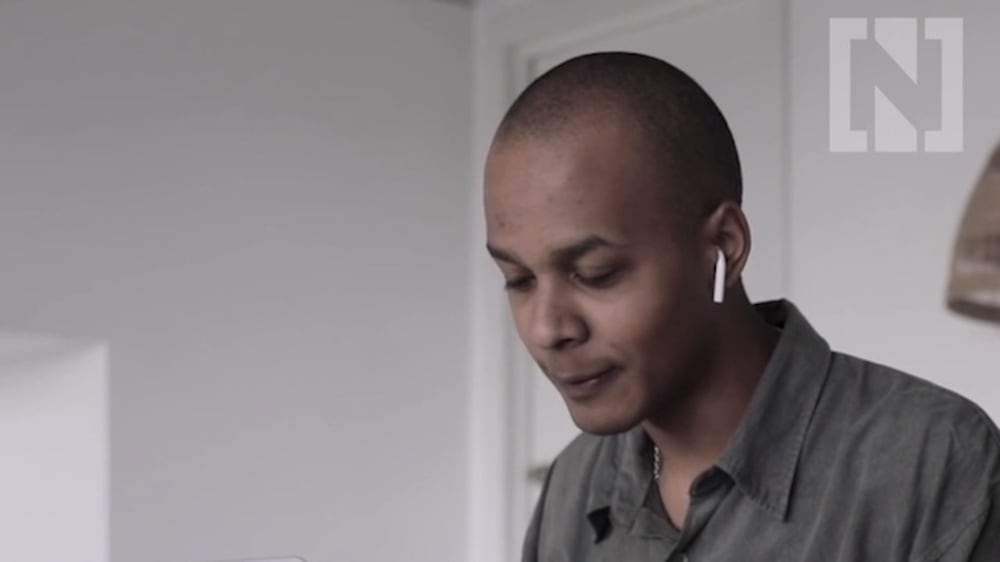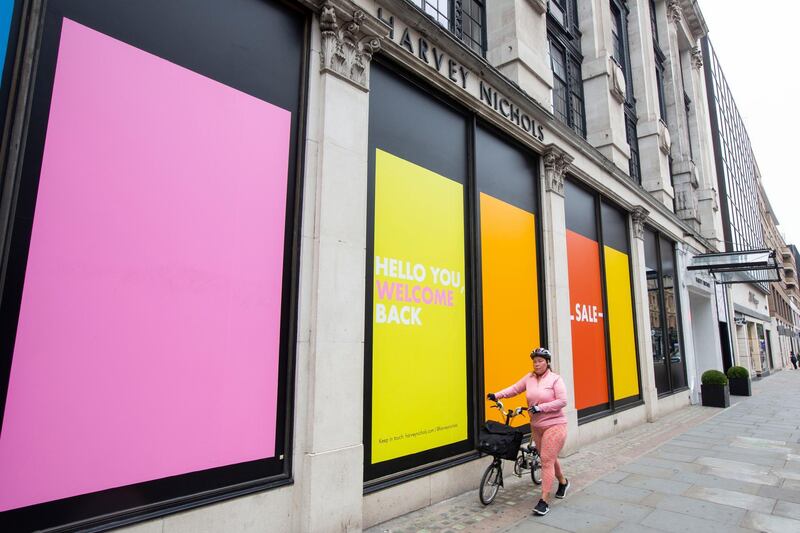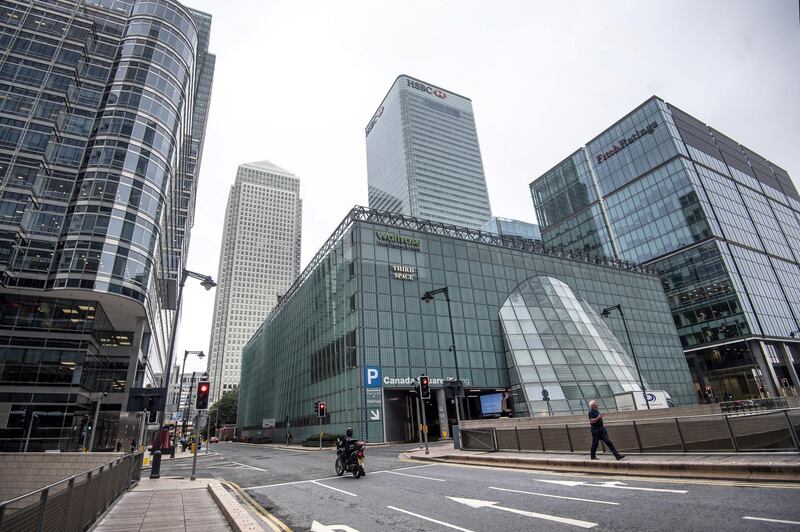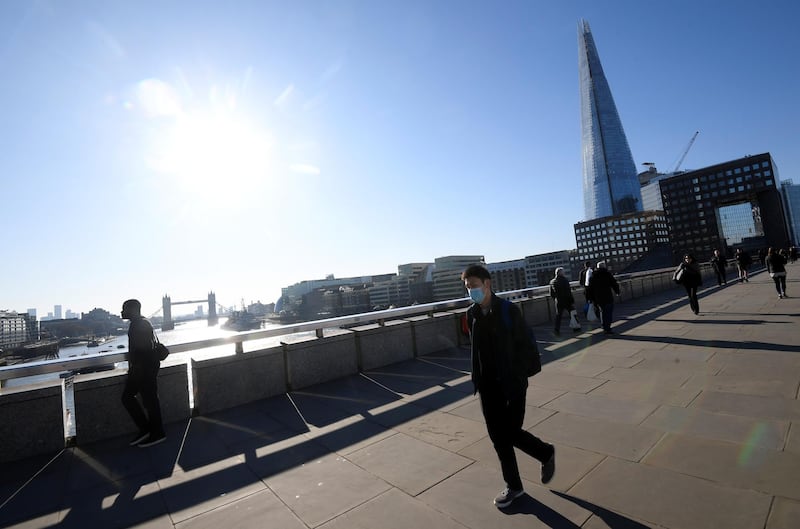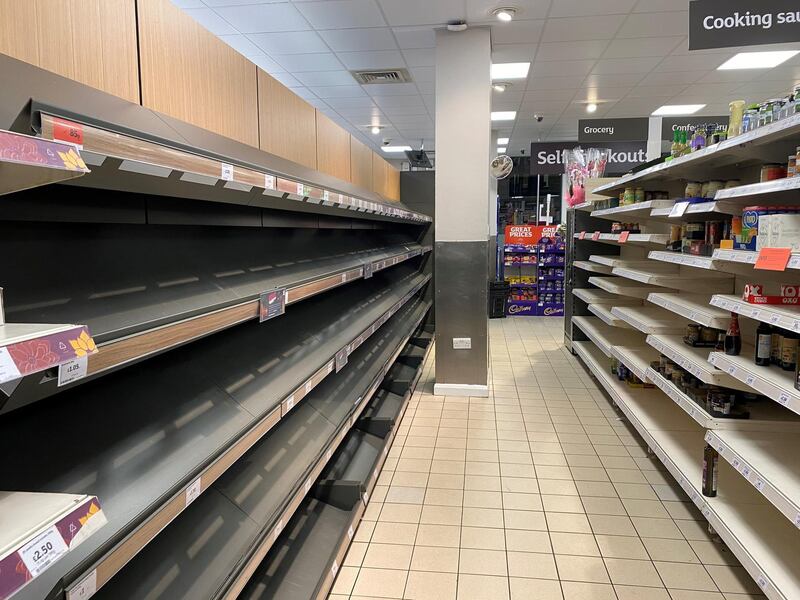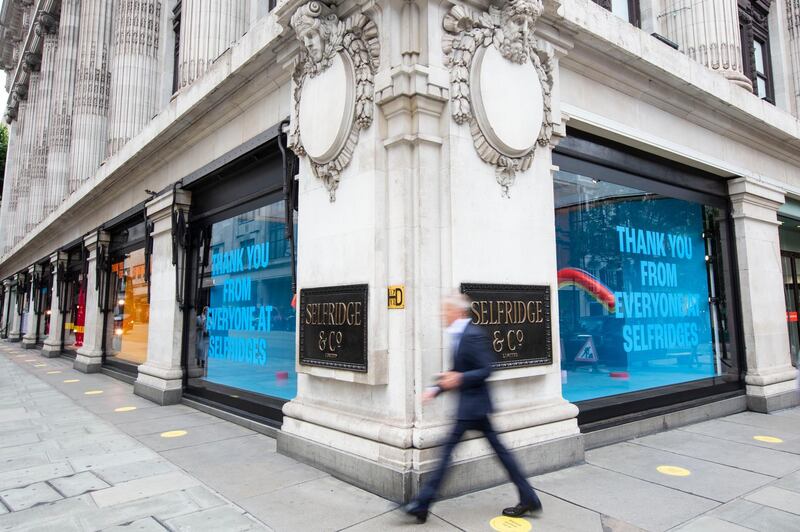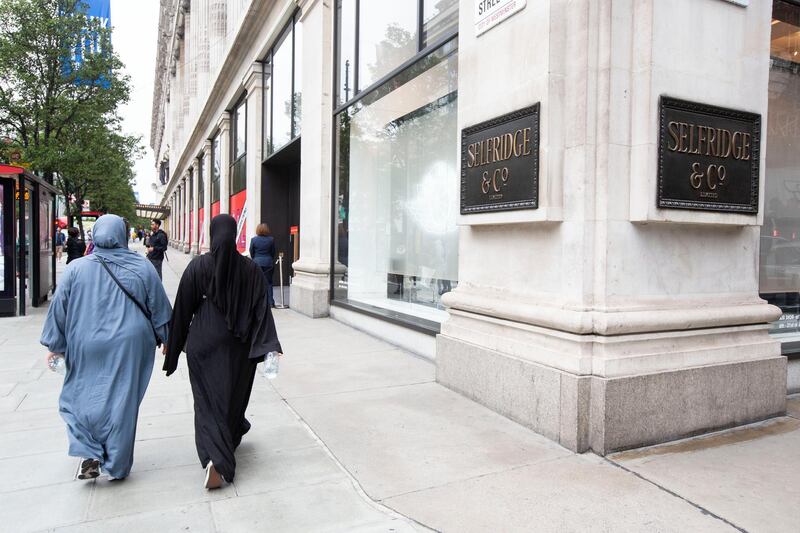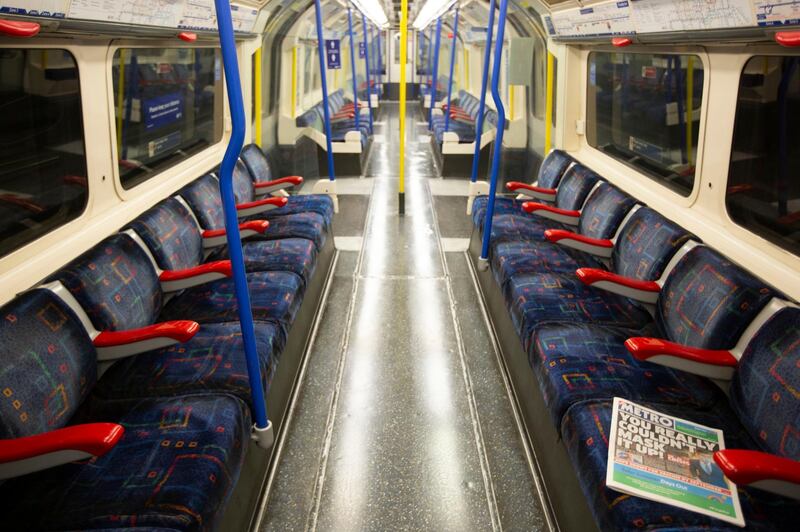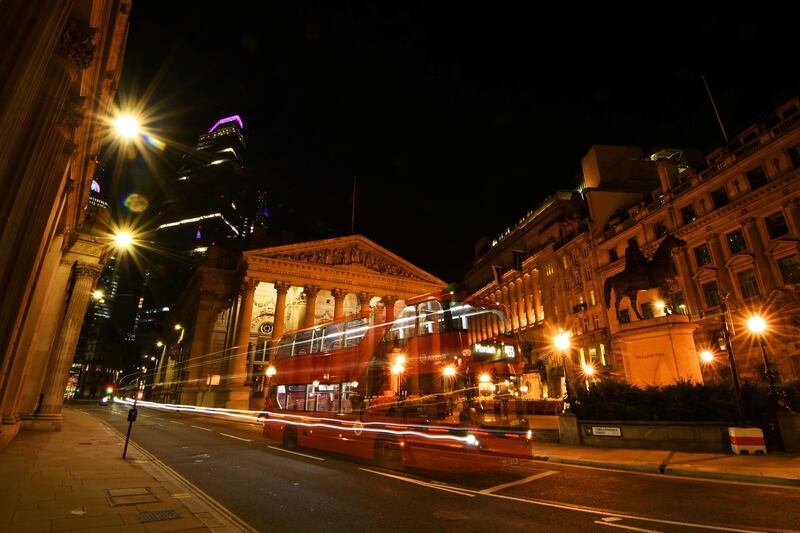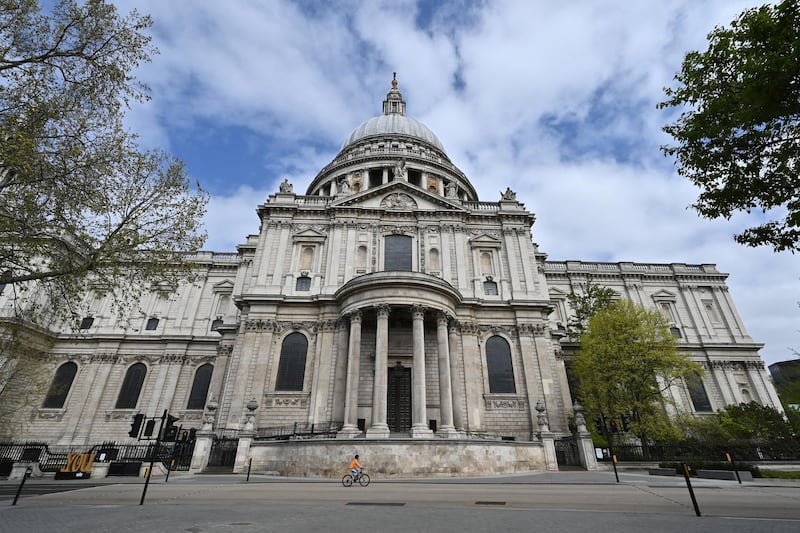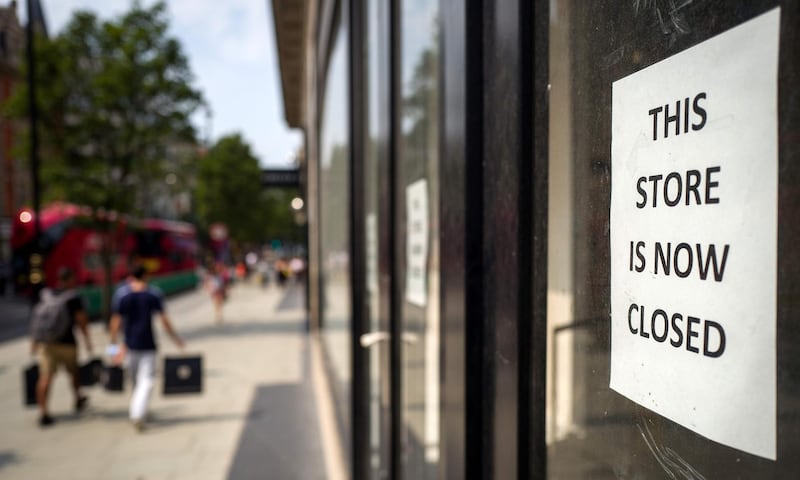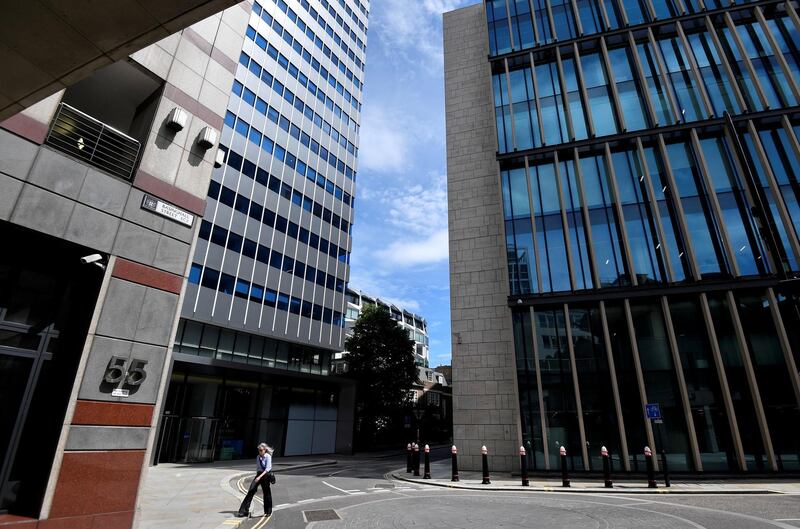When Marcello Duarte joined BT in April as lead agile coach he was, like many professionals, forced to work from home.
This week, he had his first day in the office at the telecom giant’s central London HQ, and was met by the sound of silence, the tapping on his laptop audible in the atrium of the near-empty glass-roofed building.
I joined BT in April but this is my first day at the office. I feel like I have the building for myself. pic.twitter.com/pjCMmrXoPB
— Marcello Duarte (@_md) September 14, 2020
His experience is similar to that of many workers creeping back to headquarters as companies work out how they will operate in a post-covid world.
As well as short-term measures such as one-way systems, room limits and the persistent aroma of hand sanitiser, businesses are wrestling with more long-term considerations.
Allowing staff to continue working from home, downsizing premises, or relocating entirely are all up for grabs.
So, what will change?
The workplace
While home-working was a necessity, seen as mostly successful across the board, negative effects are now being felt by many, no matter how much staff protest a return to the office.
The initial surge in energy seen when people were first dispatched to their home office has lapsed, according to Ruth Penfold of BP’s business-builder Launchpad. There is, she points out, a degree of video-calling fatigue.
There is also the issue of productivity. The US’s biggest bank, JP Morgan Chase, found younger employees’ productivity dropped on Mondays and Fridays and has now ordered senior staff back to base with other workers encouraged to return.
Barclays bank chief executive Jes Staley wants his employees back, but has also conceded that flexible working locations could become the norm.
Industry giants such as Facebook and Google have already signalled that they believe some form of working from home will become commonplace.
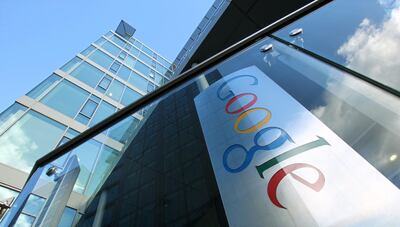
Catherine McGuiness, the City of London’s policy chief, expects some of the patterns of working that have been developing to continue.
She expects people to work from home two or three days a week then come into the office for the other days, but use it more for get-togethers and meetings.
“That’s what we’re hearing and what we’re expecting,” she said. “We are very confident from the signals we’re hearing that people still want to continue coming into a central place.”
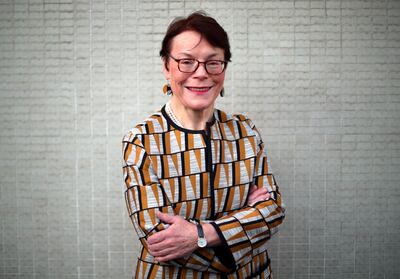
Office space
Professor David Burney, who served as the commissioner of New York City’s department of design and construction when Michael Bloomberg was mayor, says that even when a Covid-19 vaccine comes, some of the changes that have been brought in during 2020 will not necessarily disappear.
"One of them is the whole issue of will you need offices at all and this is just the pandemic exacerbating a trend that was already underway," he told The National.
“There are obviously times when you want a face to face. I can see office design changing from a series of cubicles to really a series of conference rooms.”
Savvy entrepreneurs were already thinking long-term.
A startup called Homework has positioned itself as an incubator of working from home, pitching itself as a firm that can create an office-like set up in people’s homes. They point out that you wouldn’t sit with a laptop on your knees for eight hours in the office, so you shouldn’t at home.
Prof Burney added: “Businesses already have the bug of homeworking, they’ve had a taster of it this summer and realised that – maybe not 100 per cent shift to home working – but there’s certainly financial gains to be made.”
Architecture and construction
Amanda Levete, a Stirling-prize winning British architect and principal of AL A, told the BBC’s Rethink programme that cities must change.
“Offices have traditionally been erected with no thought for whomever is inside them or even the institution; the only consideration has been the developer and profit,” she said.
“The workplace needs to move away from monolithic faceless blocks where you don’t know who is working there or what they do. It’s important that whatever we design responds to the geography of the place.

"The pandemic has brought to the fore how important nature is,” Ms Levete said. “We have to meet in person but we don’t need to come together all the time. Otherwise we are just teams working on projects, we are not an office.”
Impact
In London, despite a government campaign to persuade people it's safe to return to the office and the much-maligned rail network now running at 90 per cent normal service, the city remains far from capacity. According to a survey by Morgan Stanley in August, just 34 per cent of UK employees had returned to their offices, lower than European levels. Three-quarters trooped in in Germany and elsewhere while in France it was as high as 83 per cent.
There are green shoots. London business owner Joao Rocha, who feared his corporate flower and Christmas tree business, Storm Flowers, would not survive the pandemic, has noticed signs of recovery. "There were offices with 1,000 staff that reduced to 60 key people or less so they didn't need flowers in reception," said Mr Rocha. In response, he created a line of desk plants that companies could send to staff at home as a motivational tool. Now, he has noticed slightly more activity in Central London offices.
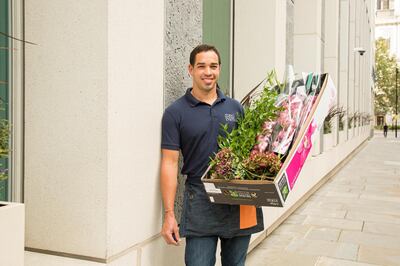
He said: “In early August, we saw people start mentioning going back to the office. It got to the point where people wanted a change of scene.”
Many businesses have already been forced into action.
Lloyds Banking Group is reviewing its office space and among those reportedly mulling selling up are BP from its £300m London headquarters and British American Tobacco from its eight-storey £250m base in Westminster.
The uncertainty over the future suggests a chaotic few years. Indeed, the world is on the cusp of a new era that will be characterised initially by disorder, according to Deutsche Bank’s Long-Term Asset Return Study 2020.
It argues that 2020 marks the beginning of a new “structural super-cycle” of the kind that “shapes everything from economies to asset prices, politics, and our general way of life. The team, led by strategist Jim Reid, predict an “Age of Disorder” – which is hastened, but not caused by, the coronavirus.
They highlight how big cities have been major winners in the globalisation era, but this could now change.
"Will this trend reverse post-Covid? If it does, this will have a major disorderly impact on society as we currently know it," the report said. "It will also have major implications for cities, transport, residential and commercial property, workers and many ancillary sectors and general activities we've taken for granted over the last several decades."
At a panel discussion on the future of work during London Tech Week last week, Adam Sweetman of Intel described the pandemic as a “catalytic event”. As businesses consider restructuring, the question, he said, is whether work culture can catch up quickly enough to match expectation. Requests he has received from staff wishing to relocate to Barbados may take some mulling over.
He added: "If this is an opportunity to decentralise hotspots of cost and talent, we will be looking at the opportunities that presents. Our real estate planners are very excited about the possibilities given cheaper office space.
“But the process of change is years. This is a long road.”
However, Saskia Sassen, author of The Global City, believes that cities will still thrive, regardless of changing patterns. “Cities are still standing because they provide possibilities, options, ways of surviving and eating, and being with others. Why should they not exist?”
She says the interconnectivity of city life means there is a “survival option”. Out of the city, “By God, you’re alone.”
